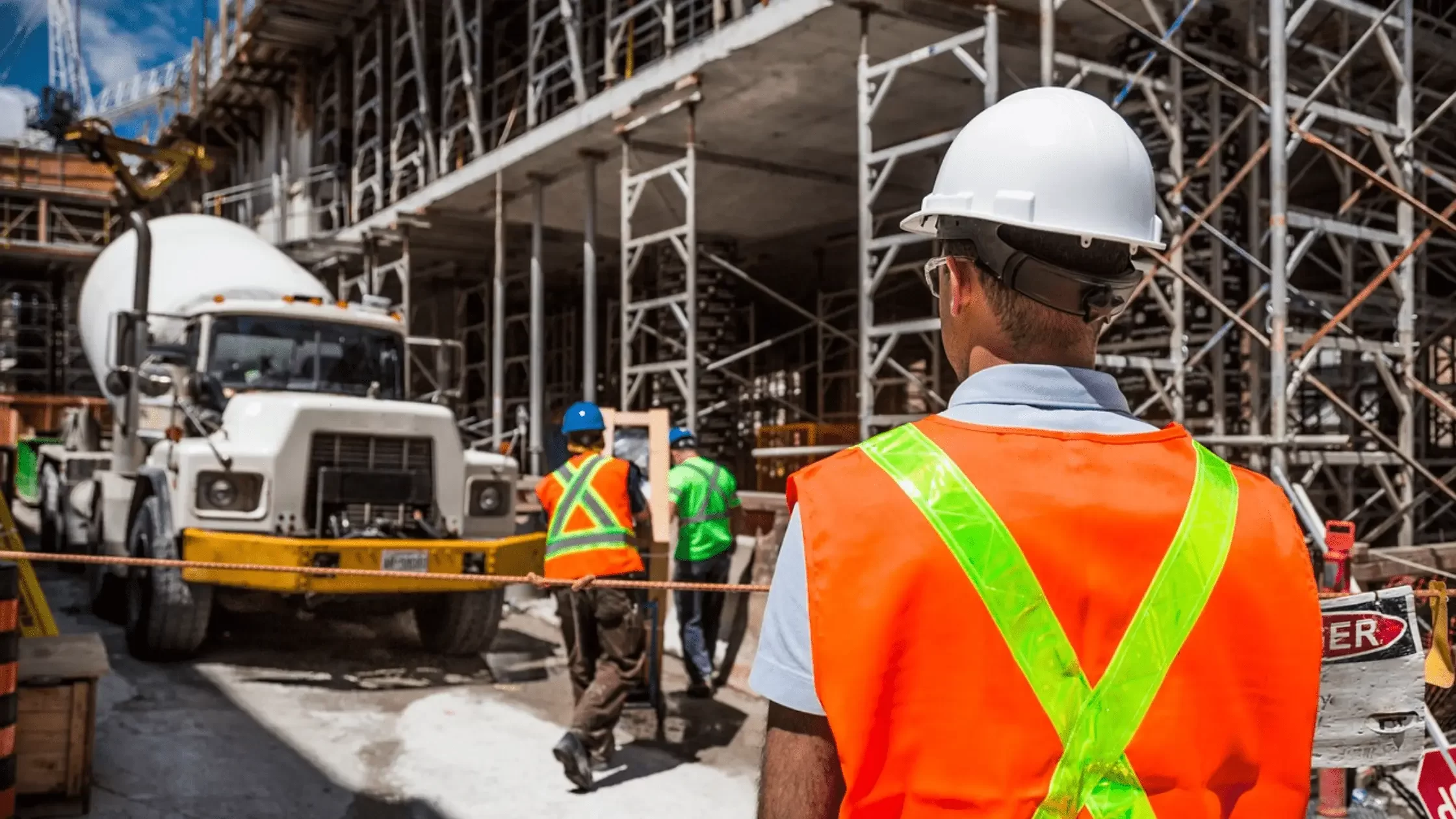How to Precure building materials
Procuring building materials is a crucial part of every construction project since it guarantees the timely delivery of high-quality resources. Procurement procedures that are effective support budget control, efficiency optimization, and project success. We will examine the process of procuring building materials in this thorough guide, stressing the importance of doing so and providing a roadmap of essential actions and tactics to ensure success.
Understanding Construction Material Procurement
Also known as procure building material, building-material procurement is the methodical process of obtaining and organizing the materials needed for construction projects. This includes determining the necessary materials, choosing suppliers, negotiating contracts, placing orders, and managing logistics, among other tasks. Effective procurement procedures are essential for projects to move forward without hiccups and to fulfill quality and financial objectives.
Importance of Construction Material Procurement
This important procedure has multiple advantages and is essential to the success of any project.
-
- Timely Availability: Timely procurement guarantees the timely acquisition of necessary supplies, hence preventing delays in building schedules
- Cost Optimization: By negotiating advantageous terms and prices, strategic procurement techniques assist reduce project costs and maximize value.
- Quality Assurance: Strict quality control procedures guarantee that materials fulfill requirements and standards, improving the robustness and functionality of built assets.
- Risk Mitigation: Proactive procurement techniques reduce the risk of material shortages, price volatility, and supply chain interruptions.
Key Steps in Procuring Building Materials:
-
- Material Requirement Planning (MRP): Material Requirement Planning (MRP): Assess project requirements, including material types, quantities, specifications, and delivery timelines, as part of efficient construction material procurement.
- Supplier Selection: Identify and evaluate potential suppliers based on factors such as reliability, quality, pricing, and responsiveness.
- Request for Quotations (RFQ) and Bidding: Solicit quotes from selected suppliers through RFQs or competitive bidding processes to compare offers and negotiate terms.
- Negotiation and Contracting: Negotiate pricing, terms, and delivery schedules with selected suppliers and formalize agreements through contracts or purchase orders.
- Order Placement: Place orders with chosen suppliers, ensuring accuracy in specifications, quantities, and delivery instructions, a critical aspect of successful construction material procurement.
- Logistics and Delivery Management: Coordinate logistics for material transportation and delivery to the construction site, tracking shipments and ensuring timely arrivals.
Strategies for Successful Construction Material Procurement:
-
- Supplier Relationship Management: Cultivate strong relationships with suppliers based on trust, communication, and collaboration to foster long-term partnerships, essential for effective construction material procurement.
- Technology Integration: Leverage procurement software and digital platforms to automate processes, streamline communication, and enhance transparency and efficiency.
- Market Intelligence: Stay informed about market trends, pricing dynamics, and material innovations through market research and analysis to make informed procurement decisions.
- Risk Management: Develop contingency plans and alternative sourcing strategies to mitigate risks associated with supply chain disruptions, price volatility, and regulatory changes, vital for successful construction material procurement.
- Quality Control: Implement robust quality assurance procedures, including material testing, inspection, and certification, to ensure compliance with standards and specifications.
- Sustainability Integration: Embrace sustainable procurement practices by sourcing environmentally friendly materials, promoting recycling, and reducing carbon footprint in the supply chain.
- Continuous Improvement: Regularly evaluate and refine procurement processes based on feedback, performance metrics, and lessons learned from previous projects to drive continuous improvement.
- By integrating these strategies into construction material procurement practices, stakeholders can navigate challenges effectively, optimize resource utilization, and enhance project outcomes. From sourcing high-quality materials to ensuring timely delivery and cost-effective solutions, construction material procurement plays a crucial role in achieving project success. With a strategic and proactive approach, stakeholders can mitigate risks, control costs, and deliver projects that meet quality standards and exceed stakeholders’ expectations. In conclusion, construction material procurement is a complex yet essential aspect of construction projects. By understanding the significance of construction material procurement and implementing strategic practices, stakeholders can optimize procurement processes, minimize risks, and achieve project objectives effectively. With a focus on efficiency, quality, and collaboration, construction professionals can navigate the procurement landscape with confidence, ensuring successful project outcomes and contributing to the overall success of the construction industry.





